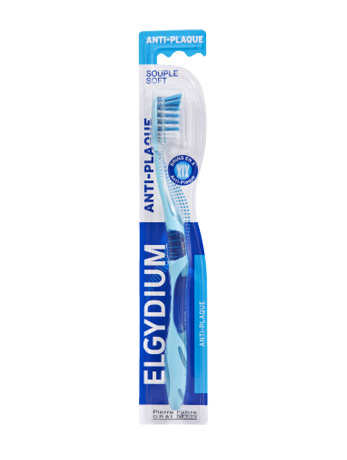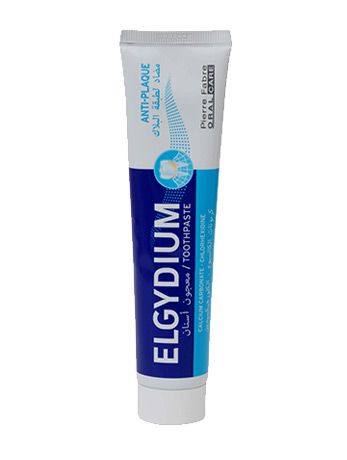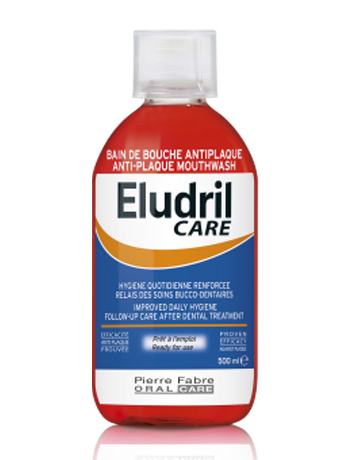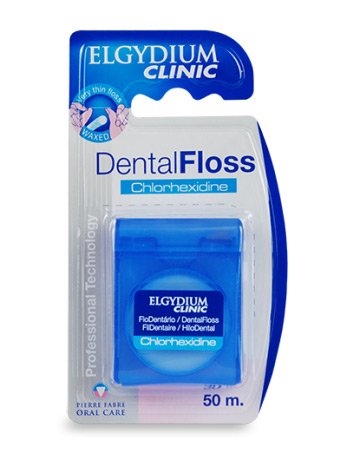In this article, Dr. Hessa Alkandari explains everything there is to know about dental calculus (more commonly known as ‘tartar’), how it develops, and the differences with plaque. Read on for advice on the prevention of dental calculus and for tips to follow for a proper oral hygiene routine!
What is calculus and how does it get on our teeth?
Those of you who are concerned with their oral hygiene, are familiar with the word “tartar”. Technically called “dental calculus”. Dr. Hessa Alkandari explains that dental calculus, or tartar, is a form of hardened mineralized dental plaque.
It mainly happens when minerals from saliva and gingival crevicular fluid (GCF) build up on plaque that is already on the teeth. This precipitation of saliva and GCF kills the bacterial cells within dental plaque, but the rough and hardened surface that is formed provides an ideal surface for further plaque formation.
This leads to calculus buildup, which compromises the health of the gingiva (gums). Calculus can form both along the gumline, where it is referred to as supragingival (above the gum), and within the narrow sulcus that exists between the teeth and the gingiva, where it is referred to as subgingival (below the gum).
So, how do we get dental calculus and how is it different from plaque?
The plaque is moderately crisp and delicate. Dr. Hessa Alkandari states that the key not to reach dental calculus is to remove plaque from the teeth. If plaque is not removed regularly by proper tooth brushing and flossing, minerals in your saliva combine with plaque to form crystals that harden into tartar, which leads to the creation of calculus. Calculus is therefore the harder type of plaque.
How tartar is removed from teeth
By now, you must be wondering how to get rid of that hardened plaque, tartar, or dental calculus! Well, Dr. Hessa Alkandari starts by saying that simple tooth brushing and flossing unfortunately cannot take care of dental calculus. This will require a visit to the dentist or hygienist!
Calculus at the gum line can be evacuated by standard cleanings at a dental specialist office. By using manual instruments or a scaler/root planing – which is a device that has a hook on the end of it – an oral care professional will get off dental calculus from your teeth.
The importance of preventing dental calculus
In keeping with what Dr. Hessa Alkandari says, you can consider dental calculus as the protector of plaque. Once its rough surface is formed, your toothbrush and floss will not be able to reach plaque to remove it. Calculus is unsightly. It can be yellow or even brown as stains accumulate. In addition, since it attracts plaque and makes cleaning at home difficult, it can contribute to tooth decay, bad breath and serious forms of gum disease. No panic! Just follow these below steps and it will all be alright!
- Brush your teeth regularly, twice a day
- Floss regularly too!
- Use mouthwash twice a day
- Avoid alcohol and tobacco
- Follow a healthy food diet
- Schedule regular visits to the dentist (at least once a year is important!)
Dr. Hessa Alkandari reminds us that the longer you wait to have dental calculus removed, the worse your dental problems get!
Are you calling your dentist as you’re reading this, or not yet? 🙂
For effective anti-plaque products and to avoid plaque build-up on your teeth, we recommend the Elgydium Anti-Plaque program. SHOP NOW







